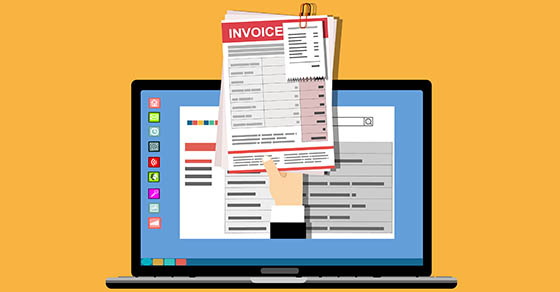New rules could boost your R&E tax savings in 2025
A major tax change is here for businesses with research and experimental (R&E) expenses. On July 4, 2025, the One Big Beautiful Bill Act (OBBBA)...
2 min read
 Scott Henvey
:
Dec 19, 2023 11:47:43 AM
Scott Henvey
:
Dec 19, 2023 11:47:43 AM

One of the most appreciated fringe benefits for owners and employees of small businesses is the use of a company car. This perk results in tax deductions for the employer as well as tax breaks for the owners and employees driving the cars. (And of course, they enjoy the nontax benefit of using a company car.) Even better, current federal tax rules make the benefit more valuable than it was in the past.
Rolling out the rules
Let’s take a look at how the rules work in a typical situation. For example, a corporation decides to supply the owner-employee with a company car. The owner-employee needs the car to visit customers and satellite offices, check on suppliers and meet with vendors. He or she expects to drive the car 8,500 miles a year for business and also anticipates using the car for about 7,000 miles of personal driving. This includes commuting, running errands and taking weekend trips. Therefore, the usage of the vehicle will be approximately 55% for business and 45% for personal purposes. Naturally, the owner-employee wants an attractive car that reflects positively on the business, so the corporation buys a new $57,000 luxury sedan.
The cost for personal use of the vehicle is equal to the tax the owner-employee pays on the fringe benefit value of the 45% personal mileage. In contrast, if the owner-employee bought the car to drive the personal miles, he or she would pay out-of-pocket for the entire purchase cost of the car.
Personal use is treated as fringe benefit income. For tax purposes, the corporation treats the car much the same way it would any other business asset, subject to depreciation deduction restrictions if the auto is purchased. Out-of-pocket expenses related to the car (including insurance, gas, oil and maintenance) are deductible, including the portion that relates to personal use. If the corporation finances the car, the interest it pays on the loan is deductible as a business expense (unless the business is subject to the business interest expense deduction limitation under the tax code).
On the other hand, if the owner-employee buys the auto, he or she isn’t entitled to any deductions. Outlays for the business-related portion of driving are unreimbursed employee business expenses, which are nondeductible from 2018 to 2025 due to the suspension of miscellaneous itemized deductions under the Tax Cuts and Jobs Act. And if the owner-employee finances the car personally, the interest payments are nondeductible.
One other implication: The purchase of the car by the corporation has no effect on the owner-employee’s credit rating.
Careful recordkeeping is essential
Supplying a vehicle for an owner’s or key employee’s business and personal use comes with complications and paperwork. Personal use needs to be tracked and valued under the fringe benefit tax rules and treated as income. This article only explains the basics.
Despite the necessary valuation and paperwork, a company-provided car is still a valuable fringe benefit for business owners and key employees. It can provide them with the use of a vehicle at a low tax cost while generating tax deductions for their businesses. (You may even be able to transfer the vehicle to the employee when you’re ready to dispose of it, but that involves other tax implications.) We can help you stay in compliance with the rules and explain more about this fringe benefit.
© 2023

A major tax change is here for businesses with research and experimental (R&E) expenses. On July 4, 2025, the One Big Beautiful Bill Act (OBBBA)...

Before the One Big Beautiful Bill Act (OBBBA), tip income and overtime income were fully taxable for federal income tax purposes. The new law changes...

If you’re claiming deductions for business meals or vehicle expenses, expect the IRS to closely review them. In some cases, taxpayers have incomplete...